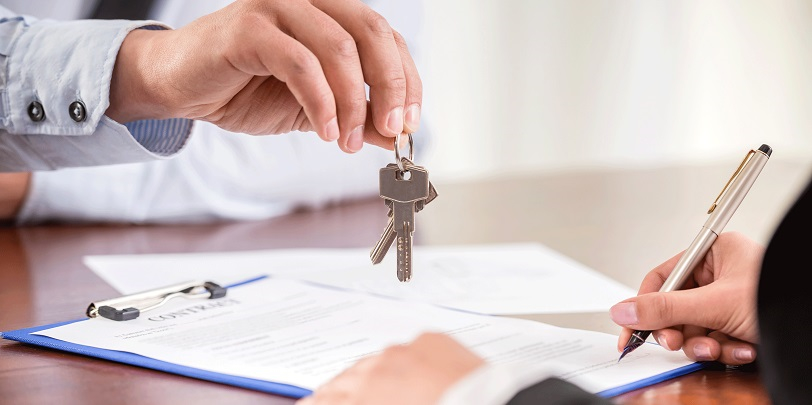If you are a dentist who owns a dental practice which in turn also owns the commercial building you operate in, then there may not be much point in you continuing to read, except, of course, if you plan on expanding your dental practice business without the need to purchase another building. For other dentists who currently leases or is thinking of leasing a commercial building to run a dental practice, then you should definitely continue reading.
The reason we say that is this article is going to explain some of the most important clauses in a commercial business premises lease, and they are terms you should be aware of. Whilst we always recommend that you hire a commercial lawyer to aid you through the process of leasing a commercial building, it will prove helpful if you understand some of the terms they are advising you on. We cover just seven of them, and they are simpler than you might imagine.
Commercial Lease Term #1 – Rent Payable
One of the most obvious clauses you would expect in a commercial lease is the amount of rent you have to pay to the landlord. Agreements might be made as to the payment frequency whether that be monthly, quarterly, or even annually whereby a discount might apply. This may also state if and when a review of rent payable will take place, and what any increase will be based upon, such as inflation rates.
Commercial Lease Term #2 – Duration Of Commercial Lease
Another key term of agreement within your commercial lease will be how long it runs. Assuming you want your dental practice to be an ongoing concern you will want this to be as long as possible and it is possible to obtain a commercial lease for at least ten years.
Commercial Lease Term #3 – Permitted Uses
This is a clause most commercial landlords will insist upon and justifiably. They will want to know that the uses to which the building they own will be put will be congruent, not just with local regulations, but with the safety and integrity of that building. For your dental practice, it may state dental services and may also refer to some of the equipment and substances allowed such as the anaesthesia gas for patients you store on site.
Commercial Lease Term #4 – Making Alterations Within Premises
Whilst we doubt this will apply to many dental practices, it could be an issue. For example, if you wish to take down a partition wall to increase the size of your patient waiting area. This clause will either state that such an alteration cannot take place, or at least state the process you must follow to obtain permission from the landlord to do so.
Commercial Lease Term #5 – Options For Renewal
This is a vital clause that often catches business tenants out. It will state what the options are for renewing your lease when the current one expires. If you see your dental practice as a long-term venture then you must ensure that an option for renewal is present, otherwise, you may find yourself having to move your entire dental business to another location.
Commercial Lease Term #6 – Responsibility For Repairs And Maintenance
In most cases tenants expect their landlords to be responsible for maintenance and repairs and that includes business tenants and their landlords. However, do not assume they will fix everything. Ensure you are aware of what your landlord’s responsibilities are, and what yours are when it comes to maintaining the building and making repairs within it.
Commercial Lease Term #7 – Other Agreed Clauses
Whilst most commercial leases will have more or less the same types of clauses, there is always an option for the landlord and tenant to add clauses that they both agree to. This can cover anything from the types of fascia and signage you can have on the building to how many parking spaces you are allocated.

